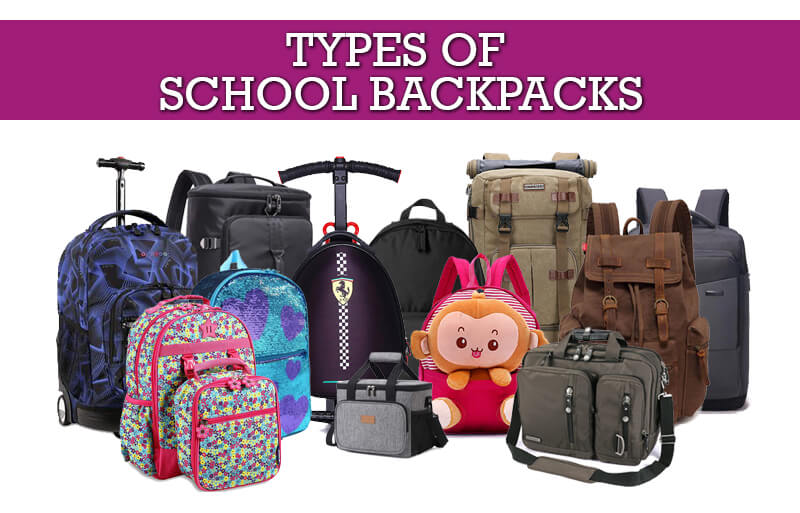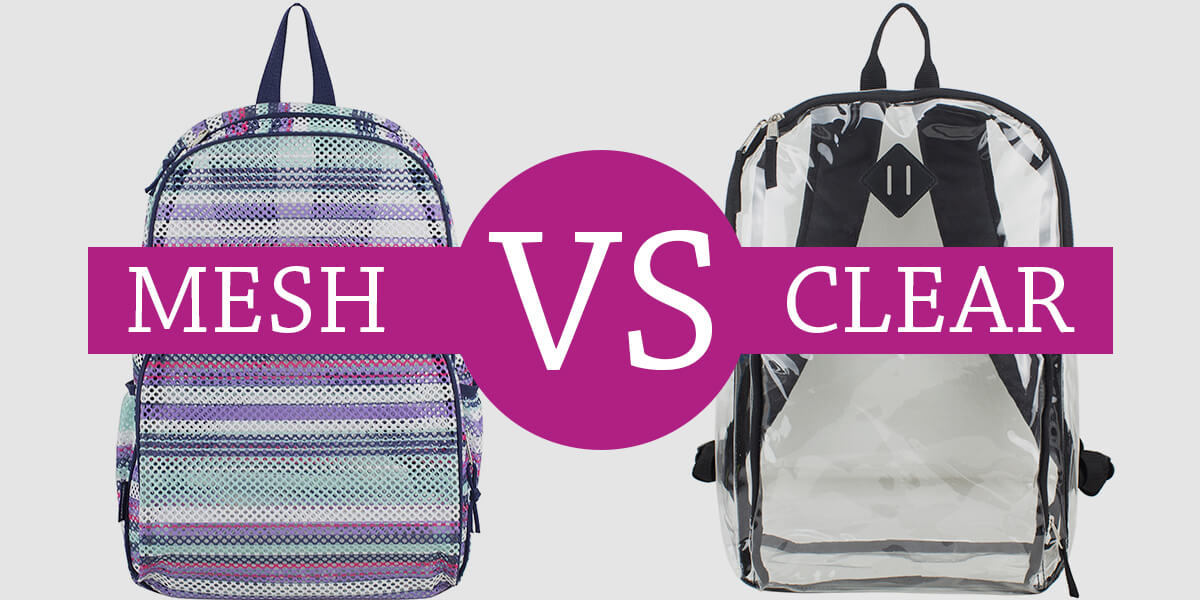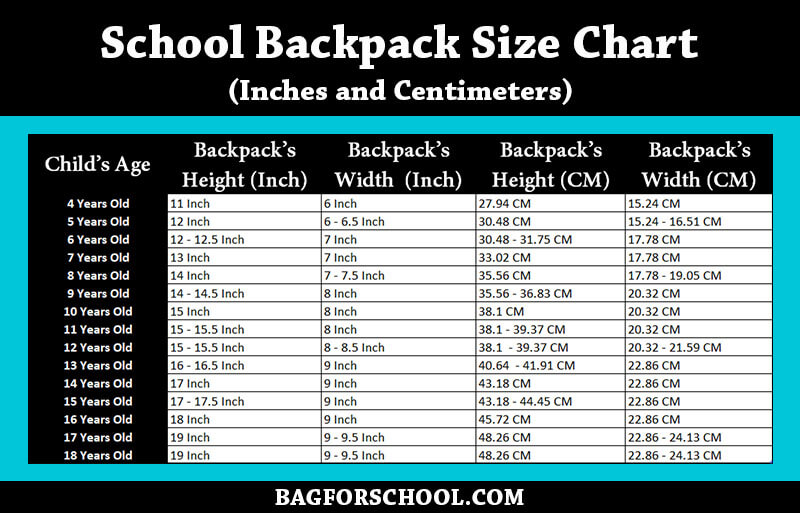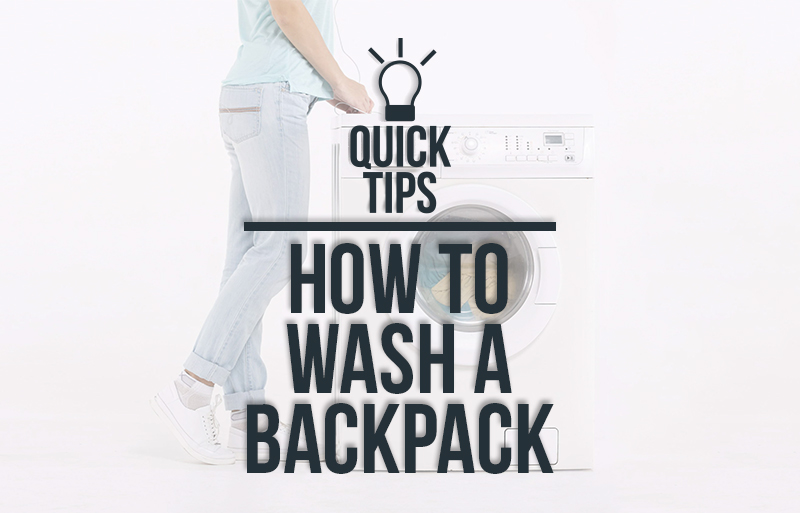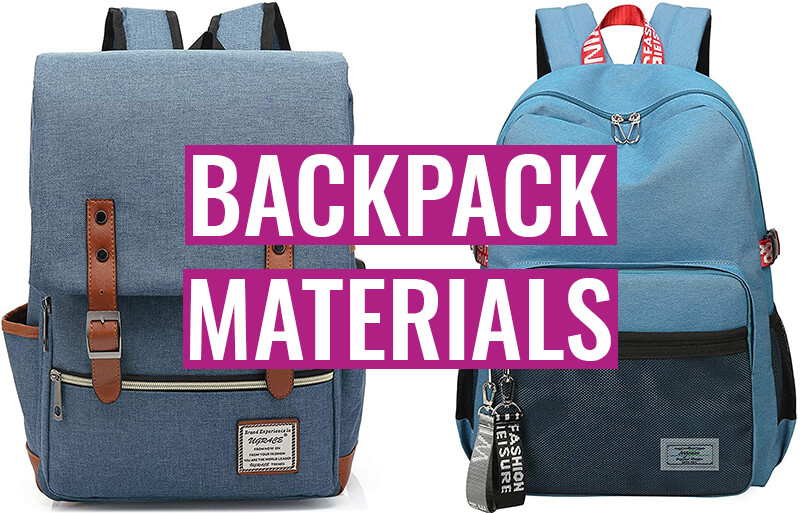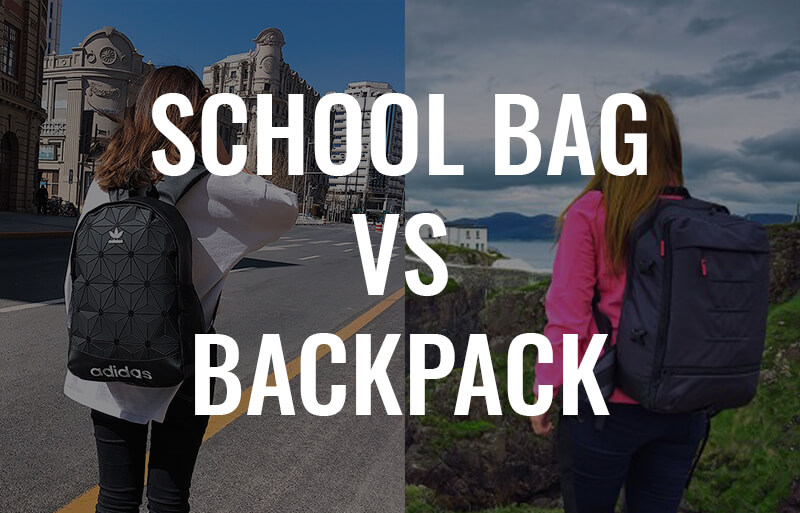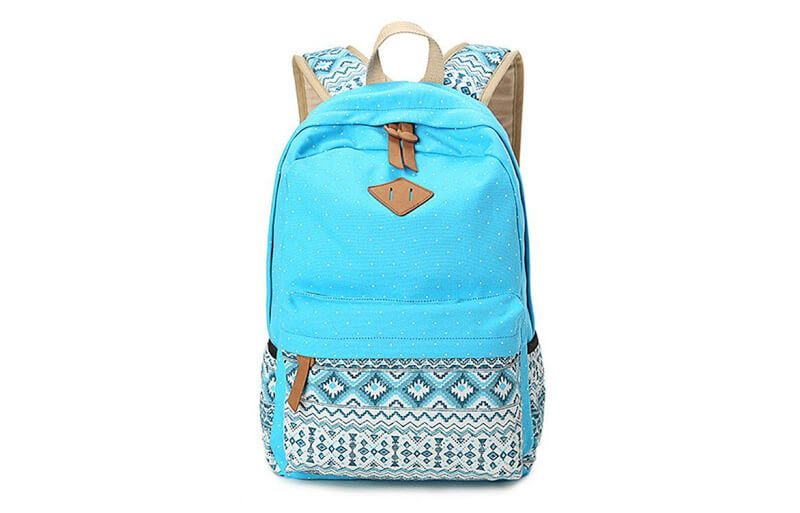Is your kid ready for Kindergarten? You can help your kid at home or check whether he is prepared or not for going to Kindergarten with this article on the Kindergarten Backpack Essentials Checklist and how a parent can teach his kids with the help of the perfect Kindergarten Preparation Checklist. Although each child is different and develops at their own pace, most researchers and child experts agree upon a certain set of learned skills as essential tools for further development and achievement in Kindergarten. You can teach your kids the necessary fundamental principles in mathematics, reading, writing, social, and science topics for the perfect preparation for Kindergarten. Furthermore, you would know more about the traditional academic curriculum in Kindergarten and figure out the effective ways to support your child reach crucial developmental goals at Kindergarten with the guidelines in this article.
Overview
Kindergarten Backpack Essentials
It can be difficult to start Kindergarten, both for you and your kids. Yet the positive thing is it is going to get better, and your kid is going to learn faster with the guidance of teachers and the company of friends. If a kindergarten has a pleasant atmosphere that begins with caring, supportive teachers and nurturing caregivers, we guarantee that the transition phase would take no longer than two weeks when you’ll see your children excited and ready to enter the classroom by themselves enjoy interacting with their peers. As parents, you just need to make sure that you have packed all the Kindergarten Backpack Essentials for your kids given in the following checklist:
Backpack Essentials
1. Lunchbox or Lunch Bag
You have to make sure that your child is having healthy homemade lunch at Kindergarten, instead of junk food or outdoor prepared lunch. So insulated Lunchbox would be better for packing in the backpack, or detachable matching Lunch Bag also would be great.
2. Water Bottle and Ice Pack
A spill-proof water bottle should be filled at home to keep your kid hydrated during the day. You must ensure that your kids stay away from the fountains with school drinking, which could be germy. Search for bottles that are made of a BPA-free substance and contain at least 12 oz. Also, try investing in an ice pack to hold certain fruits, foods, and liquids cold and fresh.
3. Pencil Box, Color Pencil Box, or Pencil Bag
Make sure to pack your kid Pencil Box so that he/she can carry pencils, pencil grips, erasers, pencil sharpener, and color pencils in that separately. Otherwise, it can be hard for kids to find them quickly in the backpack when necessary.
4. Notebook or Composition Book
For writing practice, a notebook or a composition book is essential for Kindergarten kids. Some teachers might need large-page writing books to provide more room for young writers.
5. Creative Art Supplies
Early childhood years are full of craftsmanship and hands-on instruction. If you don’t have a set of supplies already, consider picking up some for coloring, drawing, and Creative Art Supplies including crayons, art papers, markers, colored pencils, scissors, smock, glue, dry erase markers, etc.
6. Hand Sanitizer, Tissues, or Antibacterial Wipes
Sanitary products and wipes will help keep your kid’s hands and desks clean, disinfected, and avoid the spread of cold, flu-causing germs, or COVID-19 virus.
7. Soft Blanket, Mat, or Pillow
A comfortable and soft blanket, mat, or pillow is important to pack if your child is in a full-day Kindergarten where naptime is set for afternoons.
8. Change of Clothes
In case of water play, bathroom accidents, or other messy activities, Kindergarten students also need an extra change of clothes from home so that they never feel embarrassed or stressed thinking about having no extra clothes in school.
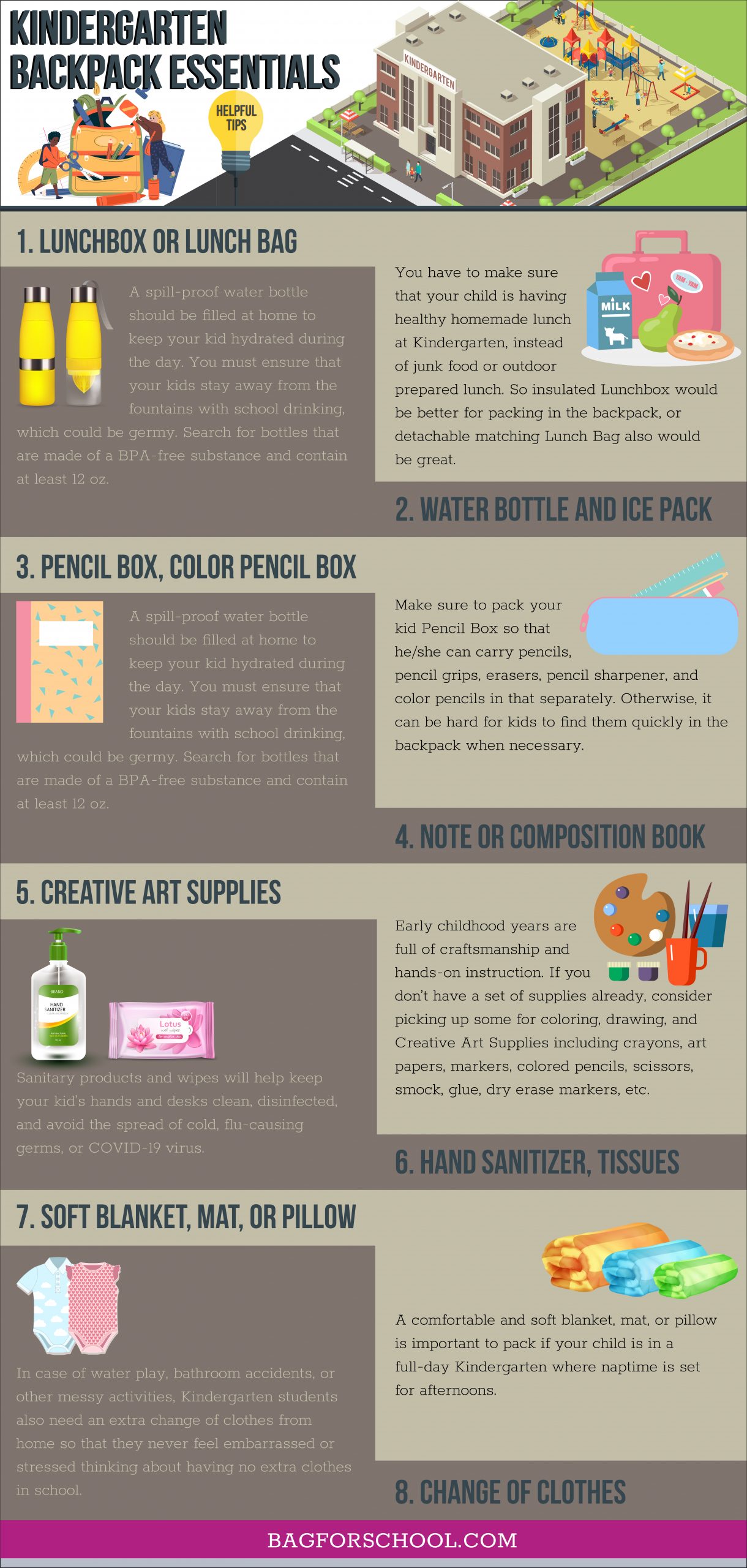
Kindergarten Readiness Checklist to Prepare Your Child
Here’s a checklist of the developmental skills children need to practice, and parents should teach before their kids enter Kindergarten.
Kindergarten Readiness
Reading Skills
- Encourage your kid for reading from pictures books and read the story aloud from the pictures
- Teach your kid to memorize by heart and recite few common rhymes and songs
- Teach him identifying all letters and match most letters to the sounds those make
- Make him practice sharing and telling simple stories from his day
- Encourage your kid to relate stories to personal experiences
- After listening to a story, tell him to put the events of that story in order
Writing Skills
- Teach your kid to write most letters and number
- Help him practice writing simple consonant-vowel-consonant words, such as a hat, dog, and red.
- Teach him to write simple and short sentences such as “I Love Cat.”
- Instruct your kid to write his own name, especially first name using upper and lowercase letters
- Make him practice writing all 26 letters of the alphabet for both uppercase and lowercase
Language Skills
- Rehearse your kid to use more description and phrases in conversations
- Encourage him to learn the names of common objects
- Appreciate with clap when your kid tells riddles and jokes
- Understands opposite words, such as big and little, yes and no, up and down, etc.
- Teach your kid to recognize his name and tell his name when someone asks
- Instruct him to follow two or three steps oral directions
- Make him practice using sentences that include two or more ideas
- Encourage your kid to make up songs or stories
- Praise him when he asks questions and expresses curiosity
Motor Skills
- Your kid should learn to swing by himself when he’s the age of Kindergarten
- Train your kid build a tower with blocks and knock them down
- Make sure your child can bounce, kick, throw and catch a ball
- Guide him to draw a simple stick figure or face
- Observe your kid so that he can hop on one foot and can skip
- Make sure he can put puzzles together
- Teach him to cut with scissors glue, paint, and other art materials
- Let him try to tie his own shoes
- Teach riding a tricycle
- Encourage outdoor activities, like running, jumping and climbing
Interactive Skills
- Give him the idea of the basic sense between right and wrong
- Encourage him to organize pretend play and invent new games with other children
- Make him practice using words like please, thank you and excuse me
- Always encourage him to attempt new tasks knowing it’s okay to make mistakes
- Teach him to celebrate accomplishments and congratulate friends on their success
- Tell him to interact appropriately with adults, teachers, and peers and ask for help
- Encourage him to work cooperatively, share, and respect the belongings and feelings of others
- Make him adhere to a routine and schedule for personal hygiene, eating meals timely and going to bed
- Teach him to tell his full name, address, phone number, and birthday
- Train him to play independently or focus on one activity with a friend for up to 15 minutes until completion
- Tell your kid to clean up after having a meal by himself
- Make him practice to listen to a story without interrupting
- Habituate your kid to separation from parents
- Make him practice good hygiene habits and table manners
- Guide your kid to follows simple safety rules
- Encourage him to offer help to peers and family
- Help him to regulate emotions properly and articulates feelings in words
Mathematics Practice
- Teach your kid to identify, name, describe and draw common shapes (square, triangle, rectangle, and circle
- Make sure he correctly counts four to ten objects
- Instruct him to recognize numbers 1 – 30
- Make him distinguish numbers from letters, and understand that numbers relate to quantity
- Let him understand the effects of basic addition and subtraction
- Make him classify objects by shape, color, and size
Science Practice
- Encourage him to shows interest and ask questions about the change in weather, day or night, and environment
- Help him identify common properties and differences among objects and materials
- Teach your kid some facts about common plants and animals, such as what they eat and baby names
- Guide him in recognizing some objects in the sky such as the sun, moon, clouds, and lightning
Creative Arts and Music Lessons
- Help your kid recognize and name basic colors
- Encourage him to dance and move to a musical beat
- Let him explore with some common musical instruments
- Encourage him when he enjoys copying and singing musical patterns
Social Studies
- Help him recognize basic traditions such as Christmas, Birthdays, and Halloween
- Make him understand that people live in different parts of the worlds and have different customs and traditions
- Guide him to explores simple maps and visual representations of neighborhoods or communities
- Help your kid grasp the basic concepts of time and seasons and identify everyday events to the nearest hour
- Train your kid to get dressed by himself
- Encourage him in being responsible for his own belongings
- Complete his Bathroom training all by himself
- Let your child eat all by himself without any help
In the end, we would like to assure you that if you follow all the Kindergarten Backpack Essentials Checklist and Kindergarten Readiness Checklist, you can correctly prepare Your Child for Kindergarten. The Kindergarten Readiness skills presented in this article are based on emotional, academic, practical, social, and cognitive readiness; therefore, you can rest assured with the peace of mind that your kid would perform great in Kindergarten. In the case of following Kindergarten Preparedness Checklist, maybe it won’t be possible to complete the training of some of the skills or your child may take some time in learning some skills, but you don’t worry! If you fulfill the training process of most of the skills, then also your kid is perfectly ready to go to Kindergarten. Moreover, don’t forget to pack all the Kindergarten Backpack Essentials given in the checklist. All the Best to you and your precious little kid!


